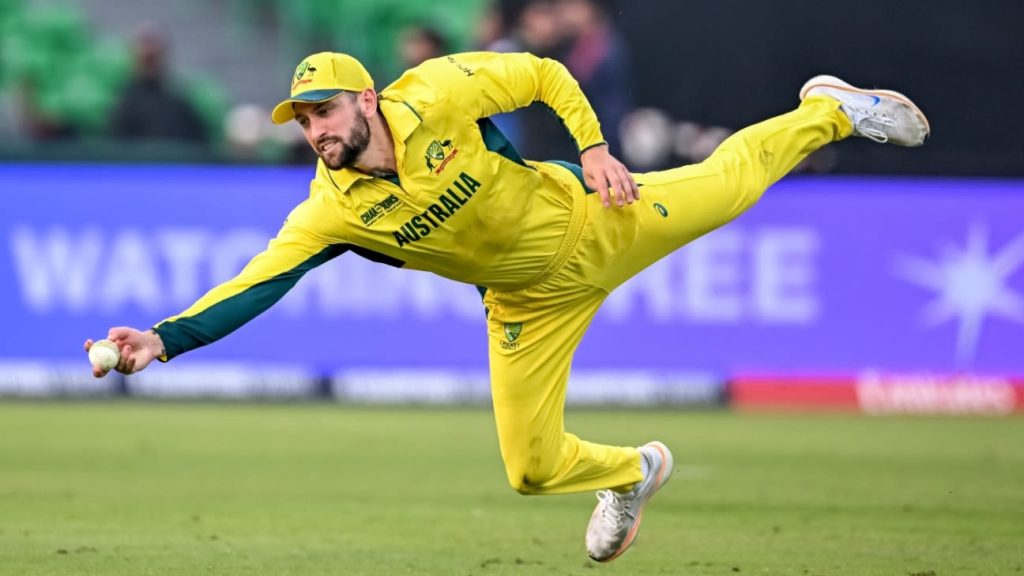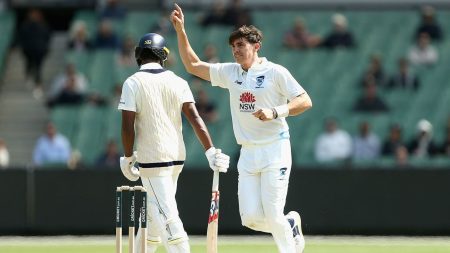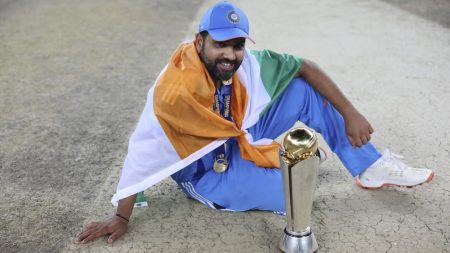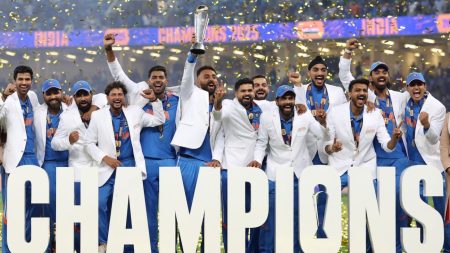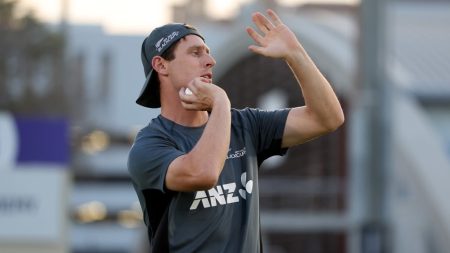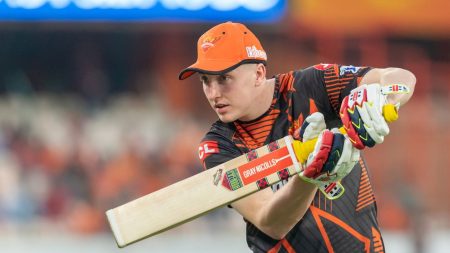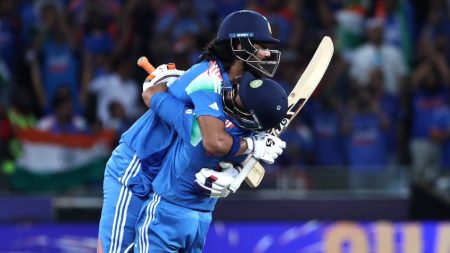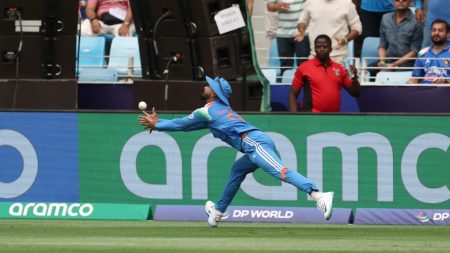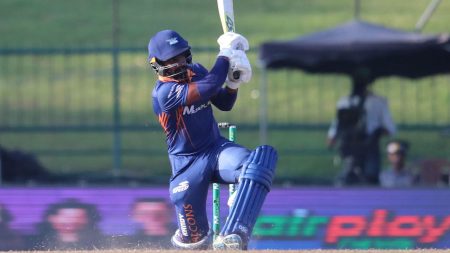Matthew Short’s Quad Injury Poses Challenge for Australia in Semi-Final
Australia are facing a significant challenge as they prepare for the Champions Trophy semi-final after Matthew Short suffered a quad injury during their game against Afghanistan. Short’s injury occurred late in the Afghan innings, and despite his determination to take the field, he was visibly hampered when opening the batting alongside Travis Head. The injury restricted his mobility, and he was largely confined to attempting to hit boundaries. Short managed to score 20 runs off 15 balls, contributing to a useful opening stand of 44 runs in 4.3 overs. However, his performance was far from his usual form, and Captain Steven Smith was candid about the likelihood of Short’s availability for the upcoming match.
Short’s Struggles and Potential Replacements
Smith acknowledged the severity of Short’s condition during the post-match presentation, stating, "I think he’ll be struggling. We saw tonight he wasn’t moving very well. It’s probably going to be too quick between games for him to recover." The Australian squad has a few potential replacements to consider. Jake Fraser-McGurk, who was already a replacement for the injured Mitchell Marsh, is the most straightforward option to step in at the top of the order. Fraser-McGurk’s experience and adaptability make him a logical choice, and he could seamlessly fill Short’s role. Additionally, Aaron Hardie, an all-rounder, is another candidate for the job, especially if other players are moved up to open. Smith remained optimistic about their options, saying, "We’ve got a few guys there to come in, and we’ll be able to fill the job."
Exploring Other Batting Options
If Short is officially ruled out of the tournament, the left-handed batter and left-arm spinner, Cooper Connolly, could be added to the squad as a travelling reserve. Connolly’s versatility could be a valuable asset, providing both batting depth and a bowling option. The team’s injury woes, however, extend beyond Short. Leading into the tournament, Australia has already lost key players such as Mitchell Marsh (back), Pat Cummins (ankle), Josh Hazlewood (hip), and Mitchell Starc (ankle) to injuries. Adding to these difficulties, Marcus Stoinis recently announced his retirement from international cricket. The squad has shown resilience, but Short’s injury brings a new set of challenges.
Impact on Spin Bowling Options
Short’s absence would not only disrupt the batting order but also remove a spin-bowling option from the attack. During the match against Afghanistan, Short bowled seven overs for just 21 runs, demonstrating his effectiveness in the middle overs. Australia, however, has other batters who can bowl spin, including Travis Head and Marnus Labuschagne. Labuschagne, in particular, has shown promise, taking two wickets against England in a previous game. Despite Head and Labuschagne not being used as spinners on Friday, their ability to contribute in this role could be crucial if Short is unable to play.
Uncertainty in Semi-Final Venue and Opponents
The venue for the semi-final remains uncertain as the finishing positions of Group B are yet to be determined. If South Africa beats England and tops the group, Australia will face the winner of the India-New Zealand match. Conversely, if England wins, Australia will face the loser. The outcome of the India-New Zealand game on Sunday night will dictate whether the semi-final is held in Dubai or Lahore. The UAE, particularly Dubai, has been more favorable to spin bowlers, a factor that could influence Australia’s strategy if they are forced to play there. Legspinner Tanveer Sangha, another frontline option in the squad, could see increased involvement in such conditions.
Preparing for Both Venues
Australia’s preparation for the semi-final will need to be flexible and adaptable, regardless of the venue. They have already played two group matches in Lahore, including a notable victory where they successfully chased down 352 runs against England. Playing in Lahore would provide more familiar conditions, but the final, which is hosted in the UAE, could force them to travel to Dubai if India qualifies. The Australian team has shown the ability to adjust to different conditions, and their depth in talent and strategy will be crucial in navigating these uncertainties. With a little over 24 hours to prepare, the team will need to focus on the physical and mental well-being of their players, ensuring they are ready for whatever challenges lie ahead.

